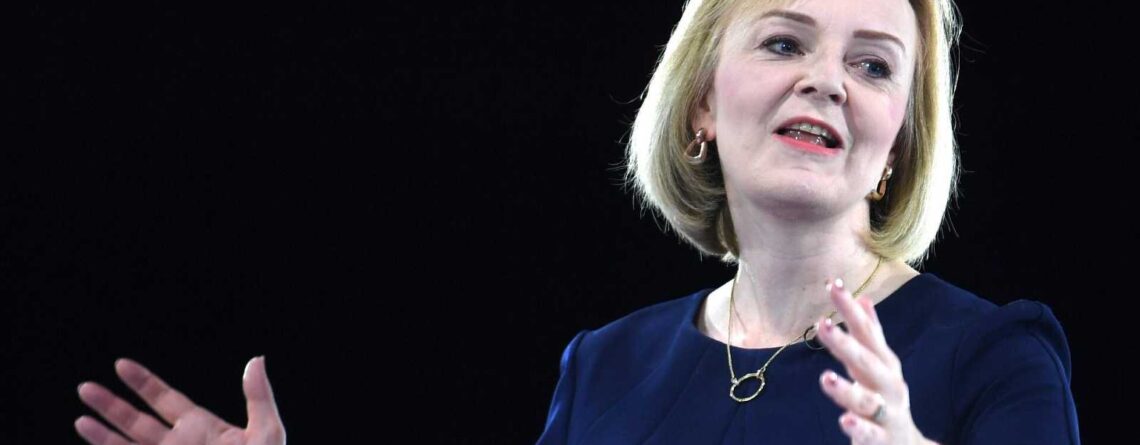UK. What policies will Liz Truss pursue as Britain’s new prime minister?
Truss set out a series of proposals during Tory leadership contest, but what can and will she deliver in office?
The policy focus of a Truss prime ministership will, inevitably, be largely a work in progress, given she is taking office amid a hugely turbulent economic period. But during a long leadership campaign the new PM has set out a series of proposals and plans for government:
Taxation and cost of living
Truss’s clear economic priority is to cut taxes, a move she insists will reboot a stalled economy and help people with soaring energy bills. She has promised to reverse the recent increase in national insurance and to cancel a scheduled rise in corporation tax, at a combined cost of about £30bn a year. Truss’s team has also mooted the idea of slashing VAT by 5% or cutting income tax to help household budgets.
While Truss has said her plans would be paid for by fiscal headroom and delaying the repayment of Covid-related debts, critics have argued she will need to borrow considerable sums, at potentially expensive rates, at some cost to the economy. One option could be to expand a windfall tax on energy firms, but Truss has said she dislikes this.
There is also considerable scepticism about a tax cut-based response to the energy costs crisis, which would disproportionately benefit high earners and do nothing for those reliant on pensions or benefits. Truss has not ruled out more direct help over energy bills, but has refused to say explicity what this might be, and talked about her distaste for “handouts”. It is a position that is about to be tested against economic reality.
Climate and green energy
While Truss has stressed her commitment to the UK’s existing net zero target, and her team insists she will focus on renewable energy, some on the greener side of the Conservative party are becoming worried about her priorities.
Read More @AMP The Guardian
333 views










